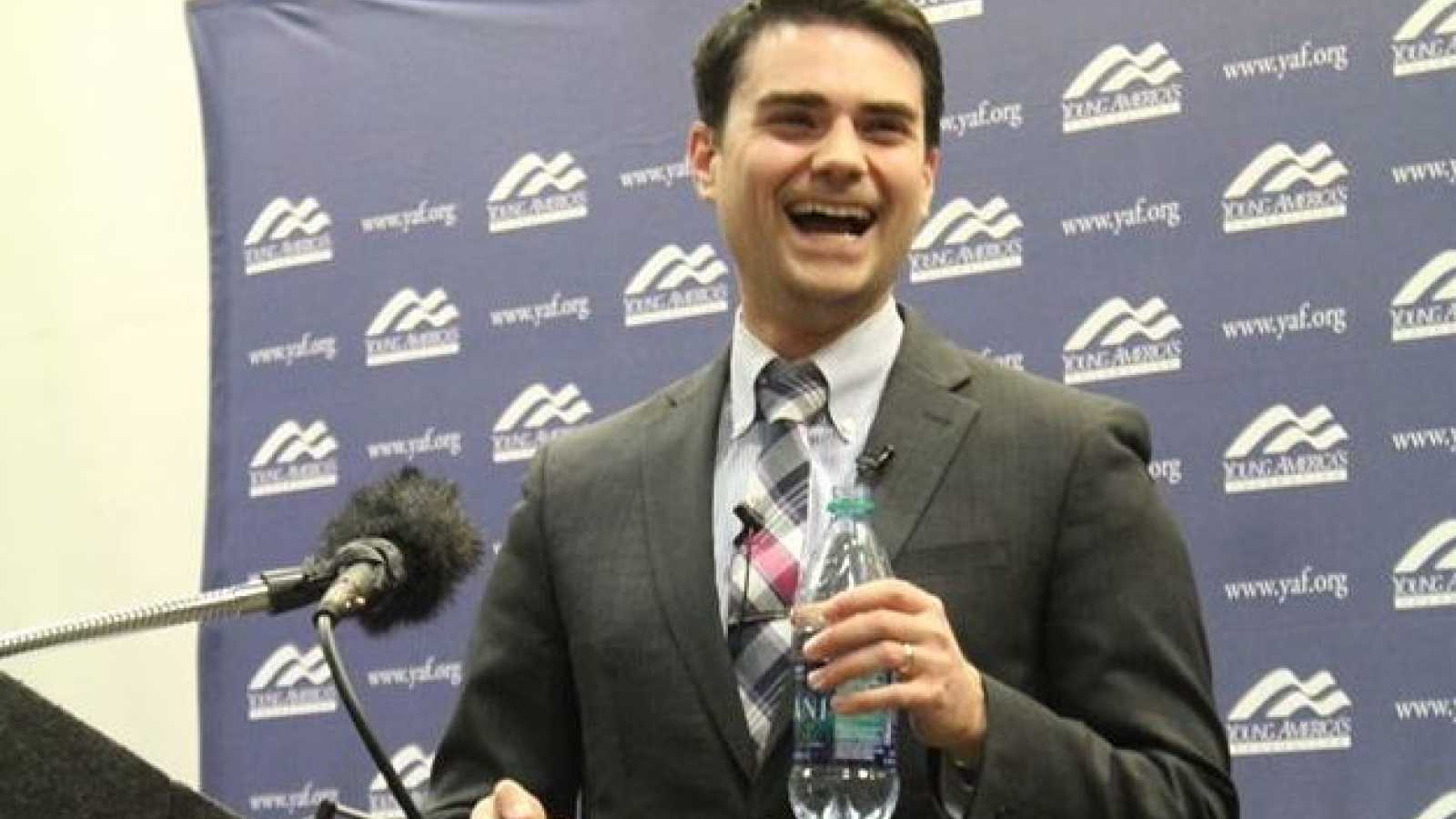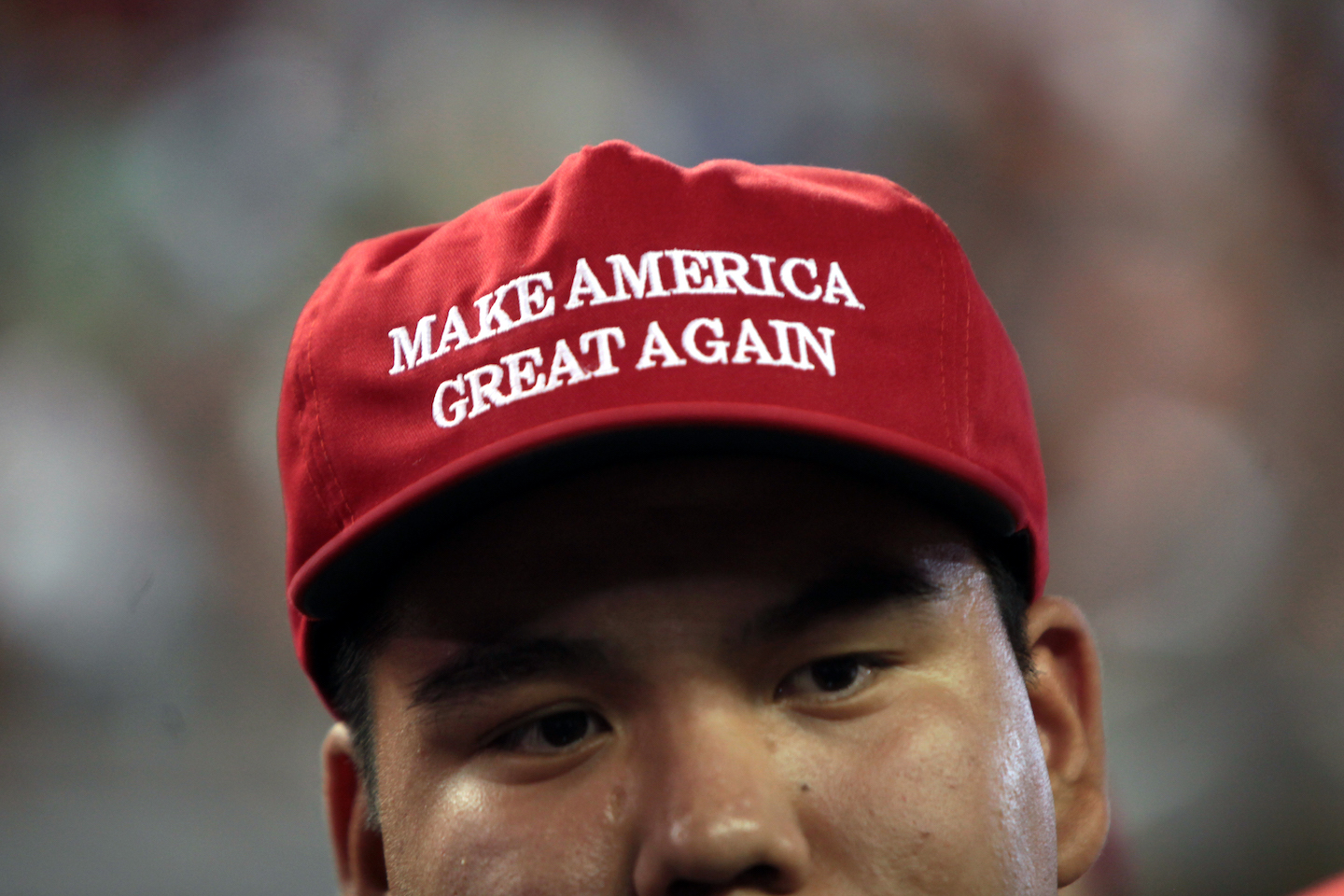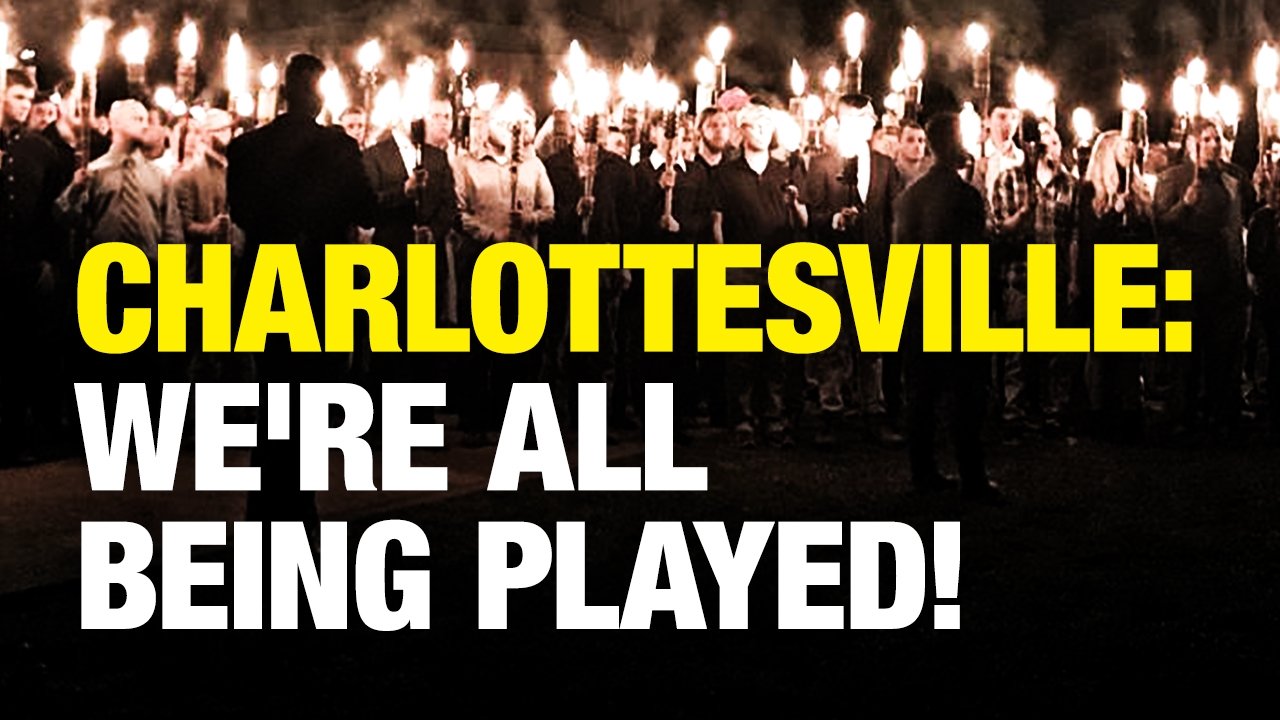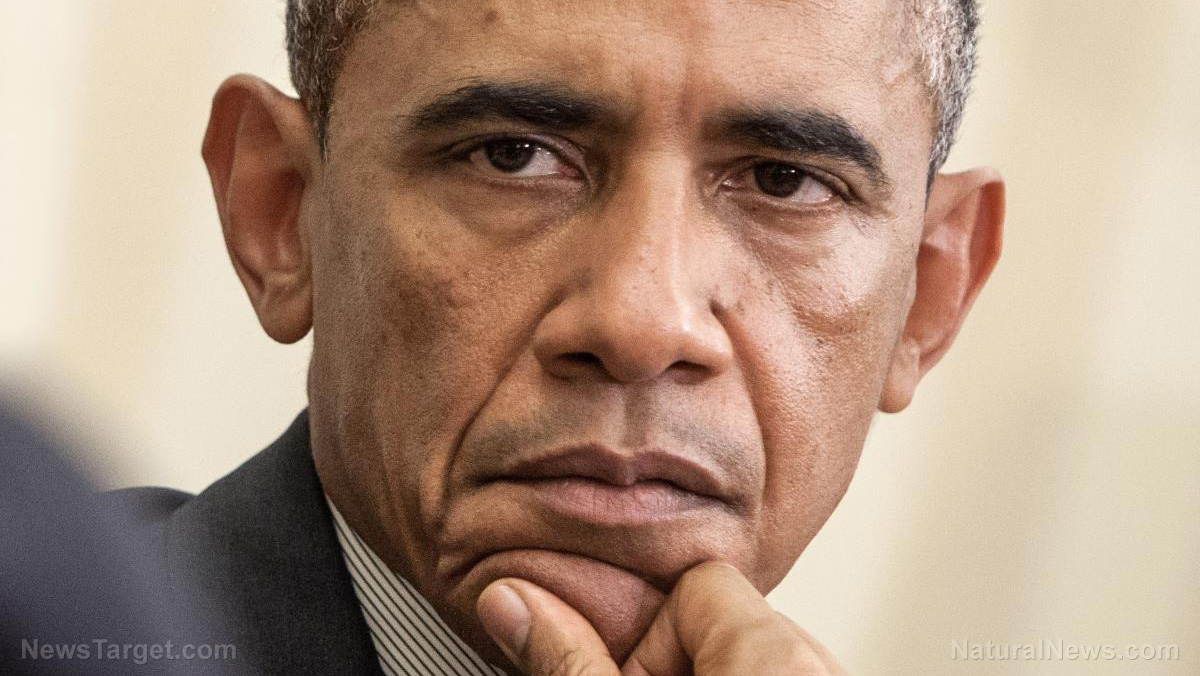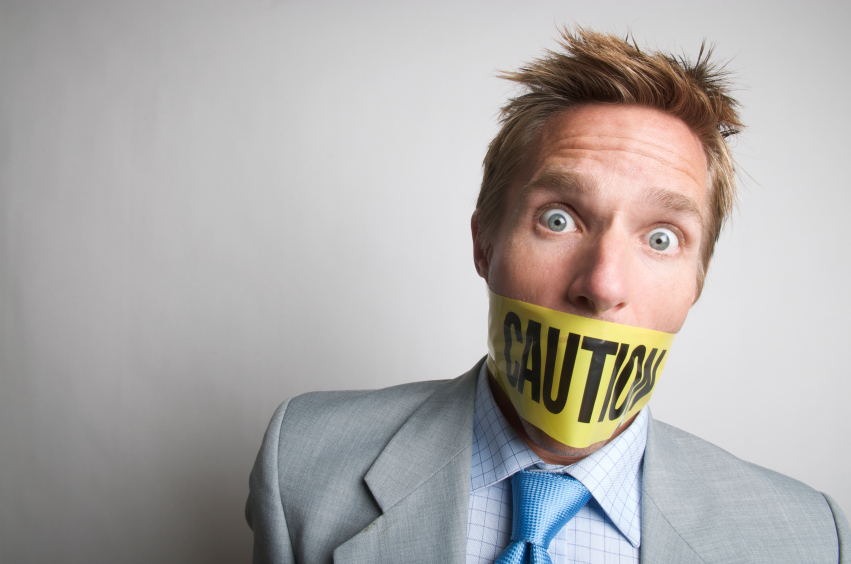‘Controlling what people think’: Kim Holmes on the left’s speech policing goals
07/15/2020 / By News Editors

Kim Holmes, author of “The Closing of the Liberal Mind” and executive vice president at The Heritage Foundation, joins The Daily Signal Podcast to discuss the resignation of New York Times opinion editor James Bennet after he ran an op-ed by Sen. Tom Cotton, and the outraged reaction to J.K. Rowling’s essay on gender identity. Holmes also outlines the intellectual roots of the current speech and thought policing and why the left has become so close-minded.
(Article by Katrina Trinko republished from DailySignal.com)
We also cover these stories:
- The Supreme Court issues a major decision on discrimination and LGBT employees.
- Justices Thomas and Kavanaugh criticize their Supreme Court colleagues for not taking up a Second Amendment case.
- The Food and Drug administration takes action on anti-malaria drug explored as a possible treatment for COVID-19.
The Daily Signal Podcast is available on Ricochet, Apple Podcasts, Pippa, Google Play, or Stitcher. All of our podcasts can be found at DailySignal.com/podcasts. If you like what you hear, please leave a review. You can also leave us a message at 202-608-6205 or write us at [email protected]. Enjoy the show!
Kate Trinko: Joining us today is Kim Holmes. He’s the executive vice president of The Heritage Foundation and author of “The Closing of the Liberal Mind,” a book that looks more prophetic than ever. Kim, thanks for joining us.
Two regimes are fighting an ideological war in America today. But what side are you on? And how can you sharpen up on how to defend your position? Learn more now >>
Kim Holmes: It’s great to be with you, Kate. Thanks for having me.
Trinko: Of course. So this feels like we are in an era in the United States where speech is being policed more than ever before. So let’s talk about the most recent prominent example of that.
The New York Times published an op-ed by Sen. Tom Cotton, Republican of Arkansas, and in that op-ed, he talked about the need to restore order amid the riots that were occurring after George Floyd’s killing.
One of the measures that Cotton suggested the government could do was to use troops to bring about order. This resulted in such a major crisis at The New York Times [and] the opinion editor, James Bennet, was essentially forced to step down. So what do you think about this incident?
Holmes: I’m afraid that we’ve been talking about the mainstream media being liberal for many, many years. I would say that it’s not just that it’s getting worse. It’s getting to the point now where they’re not even pretending to be journalists.
By that I mean The New York Times, The Washington Post. If you read The Washington Post, occasionally I do, and it’s 12 pages of one or two stories with some news tacked at the very end. And the standards of journalism are just going through into the tank.
But what I think you’re seeing with The New York Times is that they are moving well beyond even pretending to be journalists and they are going into full-scale support for a kind of a programmatic activist agenda, and then using the prestige and legitimacy that they have or what remains of it to try to push this agenda.
The purpose of an opinion page is to have opinions, … as opposed to an agitation propaganda sheet where we only have one point of view. But apparently that’s what The New York Times is willing to accept right now. It’s a very, very sad day, not only for free speech, but frankly, for journalism.
Trinko: As a side note, if I ever leave The Daily Signal, I kind of want to start a broad sheet called “Agitation Propaganda Sheet.” That’s a great name.
Holmes: Agitprop.
Trinko: Agitprop, exactly. So one of the threads in this whole New York Times situation was staffers who tweeted about the Cotton op-ed tweets along the lines of, or exactly this way, “Running this puts black people, including black New York Times staff, in danger.”
So it really went beyond them not liking what Cotton had to say and these staffers saying that his speech is actually dangerous.
I’m curious as to what your thoughts are on that and of course, this comes amid a broader push by some on the left to say that speech can equal violence.
Holmes: This question of speech and violence has a long history. It actually goes back to early 20th century when there was some Supreme Court rulings. [A] very famous one is can you walk into a theater in the darkness and cry fire if there’s no fire because you are endangering the people by creating a panic situation?
And the courts actually rule that there are certain kinds of incitement of speech that if it leads directly to violence and intended to do that, and you actually call for violence, then there can be some curves on free speech.
But I can assure you, that’s not what’s going on here. What is going on here is to define the boundaries of free speech to the point where if you have an opinion about, for example, law enforcement or racism in law enforcement or whatever, they want to circumscribe the space in which that opinion exists and then anything outside will be considered the equivalent of inside environments.
There is no history in our jurisprudence, in our court system, for this kind of politicization, if you will, of speech and narrowing that to the point where just having a difference of opinion is the equivalent of inciting violence.
Of course, this is a tactic that the far left has used now for decades. I recall back when we had the bomber in Oklahoma City, where Bill Clinton came in and accused the Republicans of inciting that because they had differences of opinion with him over policy.
And so at that point, you already had people, particularly the Democratic Party and many liberals, saying that there are certain opinions that you should not have, because if you do have them, we will accuse you of inciting violence, whether you actually are or not.
Trinko: Amazingly, The New York Times wasn’t the only media outlet that has struggled. An editor last week at The Philadelphia Inquirer stepped down because he headlined an article, “Buildings Matter, Too,” and there was such an uproar that he also was forced to quit.
You talked a little bit about what’s going on in American media, but zooming out a little bit, do these incidents make a difference in American life? I mean, the media has been biased for years. Is this really something that’s going to affect the country as a whole to have the media reacting like this?
Holmes: Well, absolutely. They are fanning the fires of polarization, they’re making it nearly impossible for reasonable people to talk to one another about how to solve problems.
The whole purpose is to mobilize hatred, anger, resentment, and an act of vengeance, but how can that possibly be good?
If we want to live in a civil society where we protect our liberties and you have larger organizations that have access to communications, essentially trying to create the equivalent of certainly a cultural but perhaps even a social revolution of overturning the values and even, [in] some cases, the police departments and the legal norms that protect our liberties, and that’s their agenda and they were aligned with powers that be and a lot of people who have money, that’s very dangerous for America.
I don’t know how else to put it because this is not the liberalism I grew up with, I can tell you that. We had Walter Cronkite, who was sort of a liberal and he leaned to the left on a lot of things, but I mean, at least they had a decent respect for other fellow Americans.
Here, the problem is the way these lines are being drawn, and the media is very much part of that, particularly the mainstream media, is that they are basically saying, “If you’re not with us, you’re against us. If you’re not our friend, you’re our enemy.”
And if you start talking about fellow Americans as enemies, it will not end well. It will end in some kind of violence and it will end in a kind of discord that will hurt everyone’s freedom and weaken the country.
Trinko: You mentioned Walter Cronkite and one of the interesting developments of the past 20 years or so has been the internet where conservatives have been communicating on social media platforms from Twitter to Facebook, even a little bit on Instagram.
Now, these companies, I want to be clear, they’re free to make their own decisions about content, they’re all private companies, but I’m curious as to what you think it means for our broader culture, our discourse, that Twitter, for instance, is now slapping warnings about violence, and also fact-checking President [Donald] Trump’s tweets.
And I should add, not only is Twitter doing this, some Facebook employees recently had a virtual walkout—which sounds like the most relaxing walkout ever, but it is coronavirus—where they basically said they wish Facebook was more the same, policing speech in this way.
So do you think this has implications for conversations in our culture as well?
Holmes: Yeah, certainly it does. I would not recommend that too many people spend too much time watching Twitter or being on Twitter. It’s not good for one’s mental health.
Having said that, Twitter may be a private company, but it’s no different than what’s happening in a lot of other American companies.
The whole woke culture, if you will, is taking over corporate boardrooms all across America. And it’s very prevalent in the communications and the technology companies.
We all know about Google and Facebook and some of the controversies there. Twitter has, I think, gone the farthest in the sense that by trying to slap warnings and particularly, even in one case, taking a statement by the president of the United States down as if they’re policing what a democratically elected leader of the American people should or should not say.
You’re right, they are a private company, I’m not going to have the government go in and shut them down, but they are seriously part of the problem, not the solution.
The only way we’re ever going to get past this terrible time we’re in is when people respect each other more and people listen to each other more.
And the more that we see Hollywood actors putting out videos, and I saw this yesterday, where I’m not going to tolerate this anymore, I’m not going to tolerate that anymore, sort of appointing themselves as the cultural policemen of what people can think and doing it with a very arrogant kind of shaming attitude that you see pervasive throughout the media and throughout social media.
I’ve said to other people who were involved and YouTube and others involved and Twitter, if these platforms for the communications and sharing of ideas become weapons in the cultural war, then our country is going to be in deep trouble.
Kate Trinko: Speaking of the cultural war, “Harry Potter” author J.K. Rowling is under attack from the left because she is speaking out against transwomen being seen as being the exact same as women who were, well, born women.
And Alphonso David, president of the LGBT activist group the Human Rights Campaign, said in a statement in response to a long essay that Rowling wrote about her views on gender—very thoughtful essay, I might add—David said, “As one of the most famous women in the world and one whose work has inspired countless LGBTQ young people to imagine a world of acceptance and inclusivity, she bears an extra responsibility to ensure that her words do not do damage.”
He added, “Rowling’s words are inflicting harm on the transgender and nonbinary community who are already among the world’s most marginalized and endangered populations.”
How do we see the left policing speech in this arena of the culture wars, particularly on issues of sexuality?
Holmes: The thing is, … we think we’re talking about speech, about what people say, but actually, we’re talking about something much deeper than that. We’re actually talking about controlling what people think. And if you control what people think, you control what they do.
So this is more than just about what do I think of transgender people or not, and I have an attitude or opinion, you do as well. It’s much more than that.
It’s actually escalating of the discussion of what is permissible speech, to the point of saying that if you don’t say exactly what I say, then we will control your speech and therefore, we will control what you think and do.
It’s inherently authoritarian in its mindset. You find it on the far left and you find it in different kinds of ways on the far right, or at least in history.
But I think that what is happening here is that J.K. Rowling is probably your sort of standard liberal in a kind of old-fashioned way. And then she’s running into this hard-left mindset about sexuality that probably is catching her by surprise.
She’s probably thinking, “Well, I want to be tolerant to gay people or LGBT people. If they want to live that way, that’s their business.” But that’s not what they’re saying.
They’re not asking for tolerance. They’re asking that you be forced to accept their language and their view of the world through, supposedly, the lens of accepting them as human beings by essentially acquainting the two.
In other words, “If you don’t accept who I say I am, I may be born a woman, but now I’m a man, if you say that I’m still a woman, then you are denying me my humanity.”
Well, I mean, that is so beyond the pale of what it means to have a reason discourse. I can’t imagine anybody who would not be a bit shocked by that.
But what I think what it really comes down to, what I actually think the biggest threat here is about this whole question of speech on sexuality, is it is not so much the narrow issues or the issues of LGBT issues per se, but how it affects our discourse and our understanding of ourselves as human beings and as Americans, and also, what kind of legal precedence it sets.
If you could imagine that you can create a legal system, which our legal system is based upon bringing people in and having a back and forth in the courtroom, … as we understand the facts.
If you get into a situation where our law cannot distinguish between the fact of a man or a woman, and it’s all definitional, it’s all subjective, it’s all political, then you are into a realm where facts no longer exist in our law. You’re in a whole new dimension of law and a whole new dimension of potential coercion that goes far beyond the issue of sexuality.
Trinko: I want to return to something you said in your answer, where you talked about how this is really about thought control and about authoritarianism. And I’m wondering, where did this come from? Are we seeing movements that had their roots in the academy and intellectual thought from past decades, or did this just spring out of nowhere?
Holmes: No, it did not spring out of nowhere. It’s been in the making for almost a century. I wrote this book, I think you mentioned it upfront, called “The Closing of the Liberal Mind: Groupthink and Intolerance Define the Left,” and that book is a history of ideas of the modern progressive movement.
And if you want to trace the origins of this kind of thinking, you have to go back to the 1960s, where three things were happening, more or less in conjunction with one another before, but were happening on sort of different planes.
One was the rise of the New Left and the academic community and the rise of sort of cultural Marxist concepts, groupthink, if you will, that groups like gender, race, these are power groups that compete with one another. There is no such thing as individuality or free speech.
It’s all a big fiction and really, politics and government is all about these groups, particularly if they are an aggrieved group, as gender and race and critical theory would tell you they are. Then they form [a] kind of revolution, cultural revolution, where they need to take over the power of the state. So there’s a lot of work on that.
Most of them were cultural Marxists, and that’s one of the extremes. The other one was this idea of relativism. I won’t go into the detail.
There were a lot of philosophers to call themselves postmodernists. They believe that there was no truth, or at least they pretended there was no truth.
Everything was about language and 20 or 30 years ago, this was all the rage. “I got my truth, you got your truth.” Well, it turns out, really, if you’re a leftist, the only ones that don’t have absolute truth … I mean, the leftists have absolute truth and everybody else has relative truths.
It was just a technique, which to deconstruct morality and reality, and the system of government we had in America. And then the final was the sexual revolution of the ’60s, and it actually started in the ’50s. Very, very important because it’s from the sexual revolution.
It also had Marxist people like Herbert Marcuse in the academy who wrote a book called “Eros and Civilization,” where he brought Sigmund Freud in and matched him up with Karl Marx and basically said sexual liberation is the new revolution. He wrote that book in the ’60s.
Anyway, that was a powerful idea because what it did was it implanted in our culture the idea of individual liberation, sexual liberation suddenly became a social cause. So you could go out and live the most liberative life you can possibly imagine, and you’re doing it for a good social cause.
And then it’s morphed into different kinds of ways of thinking, but clearly the whole idea of gender identity and sexual liberation that is now part and parcel of identity politics came from that way of thinking.
So all I was trying to do with this book by saying, is that what you see on the streets now was invented by a bunch of intellectuals.
Old saying, be very careful about some guy or woman or whatever, locked off in a closet somewhere, cooking up some new revolutionary idea because 50 years from now, people may be actually making a revolution based upon it. That’s, of course, what Karl Marx did.
But these ideas do matter because the whole notion of identity politics is based upon the things that I just said. So groupthink is on the absolute values that they have and everybody else’s values are wrong.
And No. 3, that the new radical individualism that you see sometimes mistakenly ascribed to libertarians, it comes from the sexual revolution from the 1960s and the whole idea of individual liberation being based upon a personal expression through sexuality.
Trinko: So perhaps the broader point here is, of course, it takes two to tango. If people have these ideas, but no one is interested or receptive, they don’t go anywhere.
Holmes: Right.
Trinko: And at the same time, I think another thread that I’m at least noticing is that people do seem genuinely very easily offended and upset and triggered these days.
So I don’t know if you have any speculation on this point, but why do you think the culture is receptive to this kind of revolutionary thinking? Why are people genuinely so easily offended right now and is this something that we can or should address in any way?
Holmes: Well, rather than giving a long historical discourse about who started it, going back 40 or 50 years, all I can say is that once you get into a radical cycle where one group is accusing another group of basically being their enemy and destroying them and acting that way and talking that way and just pushing the envelope as much as you possibly can in that direction, the more the other side is going to be offended and afraid.
And whereas we may have had enough of a public space, some 20 years ago, where people could have disagreements in members of Congress and they would go back out from Democratic or Republican Party in the evening and have drinks together, you just don’t have that anymore.
Now people are treating each other as enemies and that’s because the polarization has made it such that the stakes are that it’s now a power struggle.
It’s a power struggle over symbols, it’s a power struggle over values, and it’s a power struggle over who governs over whom.
And so one of the great things about America is that we could switch back and forth between administrations and presidents and turn over power without that fear. A lot of countries don’t live that way.
One of the reasons why dictators often hold onto power is because they’re afraid they’re going to be taken out and shot once they let go of it.
We’ve been very blessed in this country, not to have that kind of a mentality, with the exception, of course, of the Civil War. But this is where we are right now. It’s a zero-sum game. People are truly afraid.
Now, I would say that the progressive left started pushing in this radical tradition some 20 or 30 years ago, whether they believed it or not, as I assume most of them did.
But what’s happened now is they are getting so successful because they occupy so many different institutions. They occupy the media, they occupy the newsroom, they occupy increasingly the corporate boardroom, they occupy the social media and the technology companies.
And people who are traditional in their views are starting to look around and go, “Oh, my God, those people are coming after me and they’re coming after my values and they’re going to force me to raise my children in a way that I don’t want to raise them.”
That is threatening to them in a way that they have not experienced before.
Trinko: Definitely. So your book, as I think we’ve mentioned, “The Closing of the Liberal Mind” was actually first published in 2016, before Donald Trump was elected, before coronavirus. It feels like a million years ago.
So how have you seen the left change in the year since your book was published and has anything in particular surprised you or vice versa, validated your concerns?
Holmes: Well, a couple of things have happened. Barack Obama’s presidency pretty much sparked this recent round of progressives becoming more radical. It opened up space for them and he set a lot of precedents that, of course. In reaction to him, we have gotten Donald Trump elected president.
But the other thing is, is that there’s a generational change that’s been happening in the last 20 years and for the last four years. Younger people who are very infatuated with the so-called woke culture are now moving up into positions of influence and even power.
Their master of technology has allowed many of them to gain wealth, power, prestige, and influence a lot faster and at a lot younger age than, certainly, my generation ever had.
And so the generational change, the fact that the political elite now is younger than it was 20 or 30 years ago and the fact that the culture is fractured because of the binary politics, the Democrats and the Republicans being so at odds with one another, and because all the traditional mediating institutions that kept America together, the churches, and all of the other kinds of institutions are also fractured along these cultural fault lines that everyone has, as I said a minute ago, we’ve gotten a lot more frightened, a lot more concerned that if they don’t win in the elections, the stakes are so much high or higher than they were before.
If they don’t win, or if they lose, then it’s going to be a terrible, devastating impact on them personally. That’s not the way it was 10 or 20 years ago. We would lose, or we get very upset. Then we just wait eight more years and go at it again.
Right now the stakes seem to be much higher, and this is actually quite a concern to me.
Trinko: So what would you say to listeners who value free speech, who want it to flourish in America and not have this kind of, as you said, authoritarian mindset? What can they do to promote that right now?
Holmes: Well, I would say on both sides, liberal or conservatives, stop posturing, stop lecturing. If you’re going to try to make a difference in this world, first of all, look to yourselves and make sure that you in your private life and your family life, you’re doing the right thing.
And at that point, go out and show some respect to your fellow Americans instead of immediately assuming that they are, in a worst-case scenario, your enemies.
I know that sounds high-minded, and that’s certainly … the mood everybody’s in right now. All Americans, including conservatives, are in a very hot mood right now and I feel sometimes when I’m talking to some of my fellow conservatives, they’re thinking that, well, that’s all very quaint.
That’s the way it used to be, but we’re now in a culture war, and we have to fight fire with fire to which I say, when I hear that, I say, “Well, the problem with fighting fire with fire is that you get more fire and then both sides start burning and it doesn’t stop burning until you run out of fuel. And then by the time you run out of fuel, everything’s burned down.” …
This is not American for us to look at each other as enemies like this. And I fully believed that it was started by the progressive left 50, 60 years ago when they started walking away from the roots of liberalism from the Progressive Era and starting becoming, frankly, cultural Marxists in the way that they look at America and seeing all of our great values of freedom and civil society to be taken as a big joke and seeing, basically, society and politics as a power struggle between groups.
This is not America. This is not what made the country great. And I fear for our country if we don’t overcome this.
Trinko: All right. Well, thank you very much. And again, the book by Dr. Holmes is called “The Closing of the Liberal Mind.” Thank you for joining us.
Read more at: DailySignal.com and SpeechPolice.news.
Tagged Under: Censorship, free speech, Gender identity, Hate speech, JK Rowling, left, mainstream media, policing, transgenderism
RECENT NEWS & ARTICLES
COPYRIGHT © 2017 ALT RIGHT NEWS


